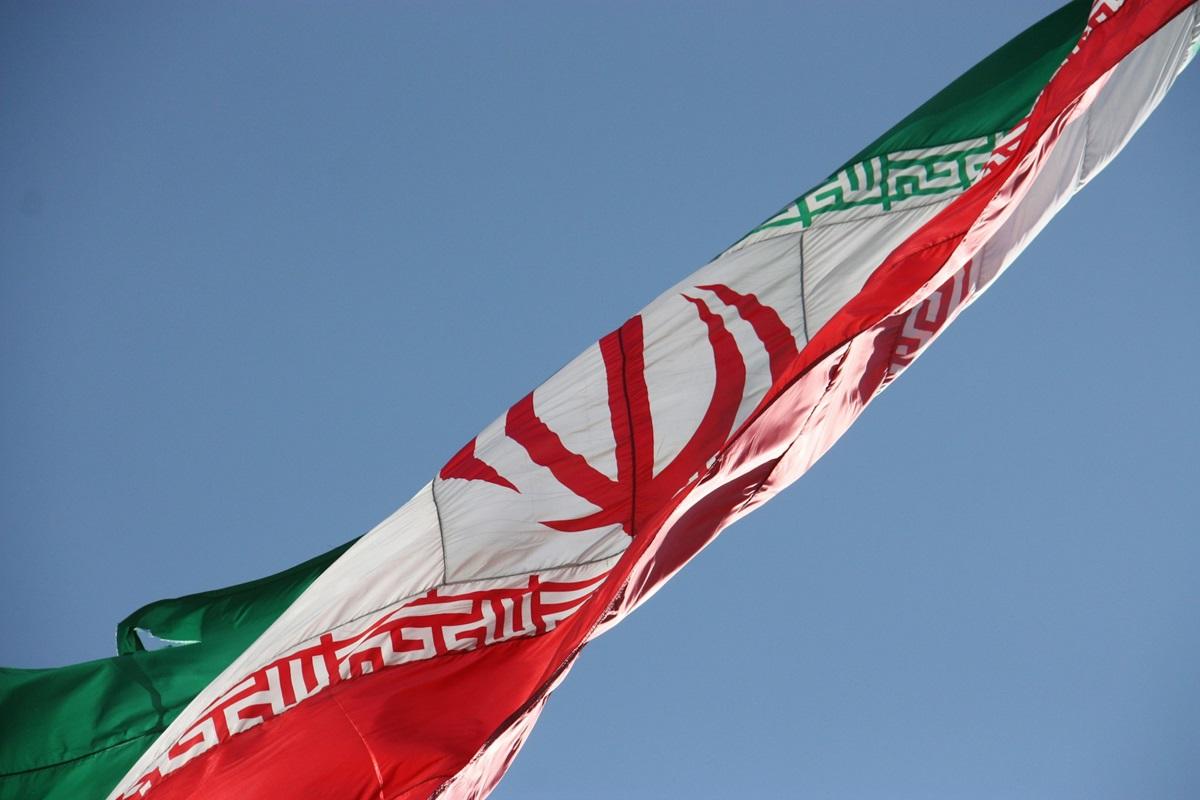Middle East: Iran regime change & impact of NATO summit
Emily Regan Wills (English and French)
Associate Professor, School of Political Studies, Faculty of Social Sciences
[email protected]
Professor Wills Regan’s expertise relates to the Arab Middle East.
“With the US and Israel both choosing escalation over negotiation in the growing regional conflict, the NATO Summit asks European and North American partners what they can do when one major power will not truly lead. The Carney government needs to either differentiate itself meaningfully from the US, or decide to continue following its historic ally, a choice that could not be starker at this critical juncture. Meanwhile, Palestinians, Iranians, and Israelis will continue to die for little strategic benefit to anyone."
Srdjan Vucetic (English and French)
Full Professor, Graduate School of Public and International Affairs, Faculty of Social Sciences
[email protected]
Professor Vucetic's research interests include defence and foreign policy, Canada-U.S. relations, geopolitics and international security.
“Even before Trump, Washington has pressured its NATO allies to share more of the collective defence burden. Trump has repeatedly threatened not to protect free loaders. On top of this, the US president’s actions at home, plus his questionable moves on Russia and Iran make this a very difficult summit to navigate for the alliance members.”
Benjamin Zyla (English only)
Full Professor, School of International Development & Global Studies, Faculty of Social Sciences.
[email protected]
Professor Zyla's expertise includes:
- NATO
- International peace operations
- Canadian security and the world
Margaret McCuaig-Johnston (English only)
Senior Fellow at the University of Ottawa's Institute for Science, Society and Policy and Graduate School of Public and International Affairs.
[email protected] (Available from 3 p.m.)
Professor McCuaig-Johnston's expertise includes Canadian defence policy and international politics.
“Increasing our NATO commitment to 5 percent with 1.5 percent on supporting infrastructure is doable depending on the target date. We’ll have big needs in the Arctic, including the need for nuclear powered subs to travel long distances under the ice.”
Dominique Arel (English and French)
Chair of Ukrainian Studies and Full Professor, School of Political Studies, Faculty of Social Sciences.
[email protected]
Professor Arel can discuss the ramifications of increased NATO spending for the EU and Ukraine.
